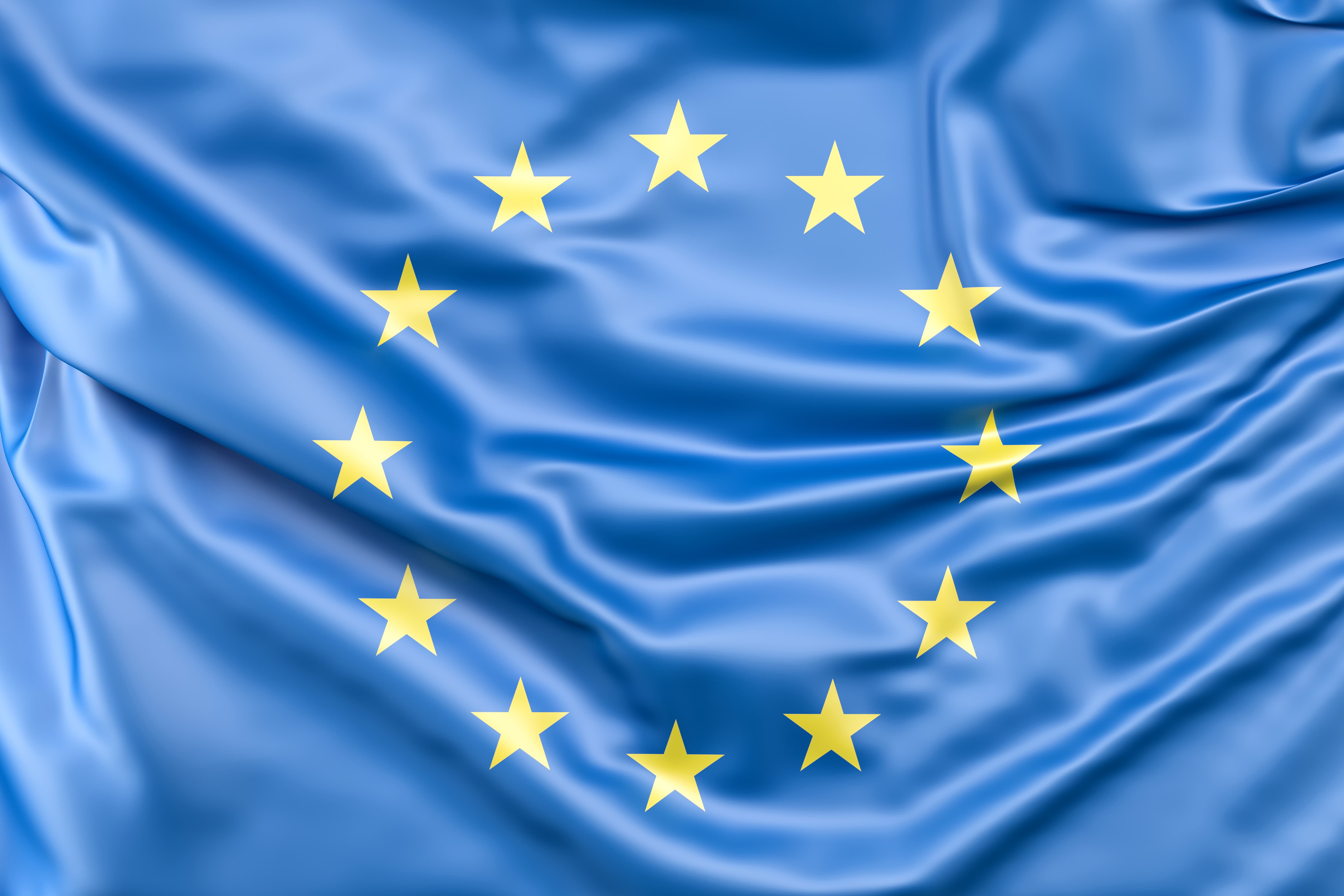New recommendations have been published by OpenAI for managing rapid advances in AI, stressing the need for shared safety standards, public accountability, and resilience frameworks.
The company warned that while AI systems are increasingly capable of solving complex problems and accelerating discovery, they also pose significant risks that must be addressed collaboratively.
According to OpenAI, the next few years could bring systems capable of discoveries once thought centuries away.
The firm expects AI to transform health, materials science, drug development and education, while acknowledging that economic transitions may be disruptive and could require a rethinking of social contracts.
To ensure safe development, OpenAI proposed shared safety principles among frontier labs, new public oversight mechanisms proportional to AI capabilities, and the creation of a resilience ecosystem similar to cybersecurity.
It also called for regular reporting on AI’s societal impact to guide evidence-based policymaking.
OpenAI reiterated that the goal should be to empower individuals by making advanced AI broadly accessible, within limits defined by society, and to treat access to AI as a foundational public utility in the years ahead.
Would you like to learn more about AI, tech and digital diplomacy? If so, ask our Diplo chatbot!










